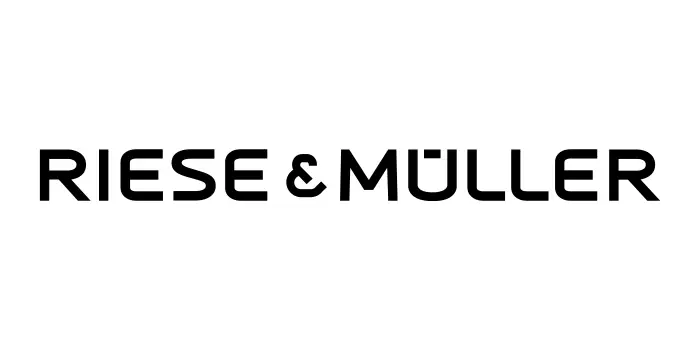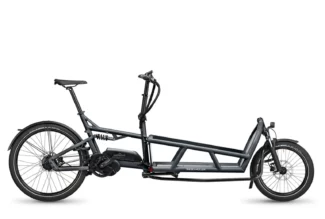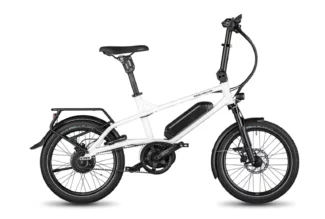Overview of Riese & Müller E-Bikes
Based in its new climate-friendly HQ in Mültahl, Germany, Riese & Müller strives for electric bike perfection. The company was founded in 1993 by Heiko Müller and Markus Riese after Riese had an idea for a new style of folding bike. The brand started producing e-bikes in 2013.
As with the German luxury car brand Porsche, it isn’t concerned about the affordability of its engineering. Its main concern is the perfection of its machines. Clearly, that philosophy is working, as Riese & Müller has won dozens of design awards over the years, including the Focus E-Bike Design & Innovation Award.
Germany’s urban roads are made with cycling in mind, and there is a national inter-city network of cycle-only highways. Riese & Müller are part of this madness, producing e-bikes that those of high net worth — or those who simply don’t want a car — can use to get around.
Its e-bikes range from electric mountain bikes that retail for $12,000 and up to cargo bikes that will sit three children under cover from the weather for a similar price. For the price, you get beautiful machines that will last thousands of miles of use.
Our Review of Riese & Müller E-Bikes
People will buy a Riese & Müller e-bike for similar reasons to a Mercedes or Porsche. They expect a high-quality and excellent design that will serve them for many years.
As with many modern German companies, the e-bike brand is very environmentally conscious. Its core philosophy is that its machines will cut carbon emissions by replacing cars. When you ride one, you’ll understand immediately, and perhaps even start thinking of sending your second (or even main) car to the junkyard.


